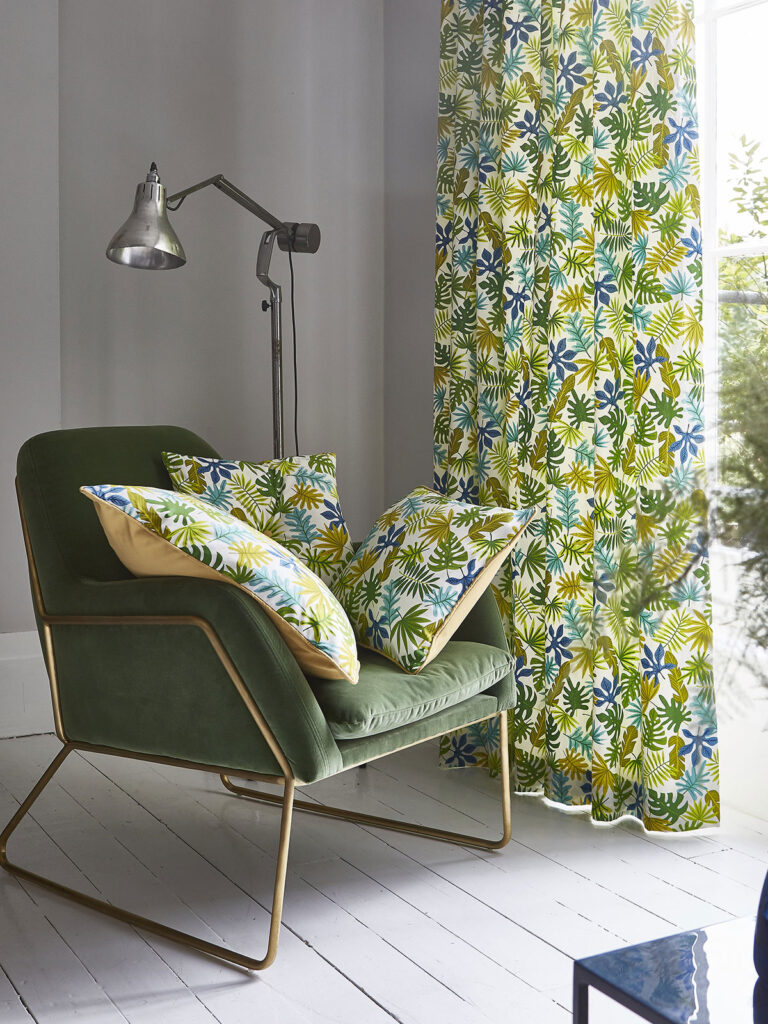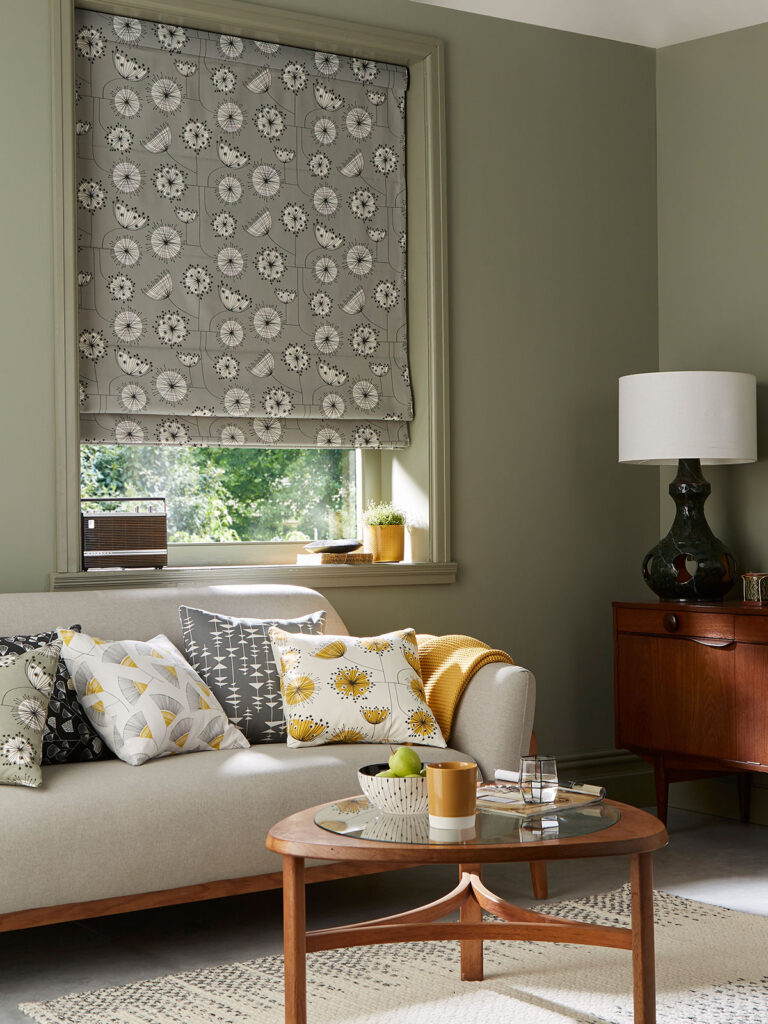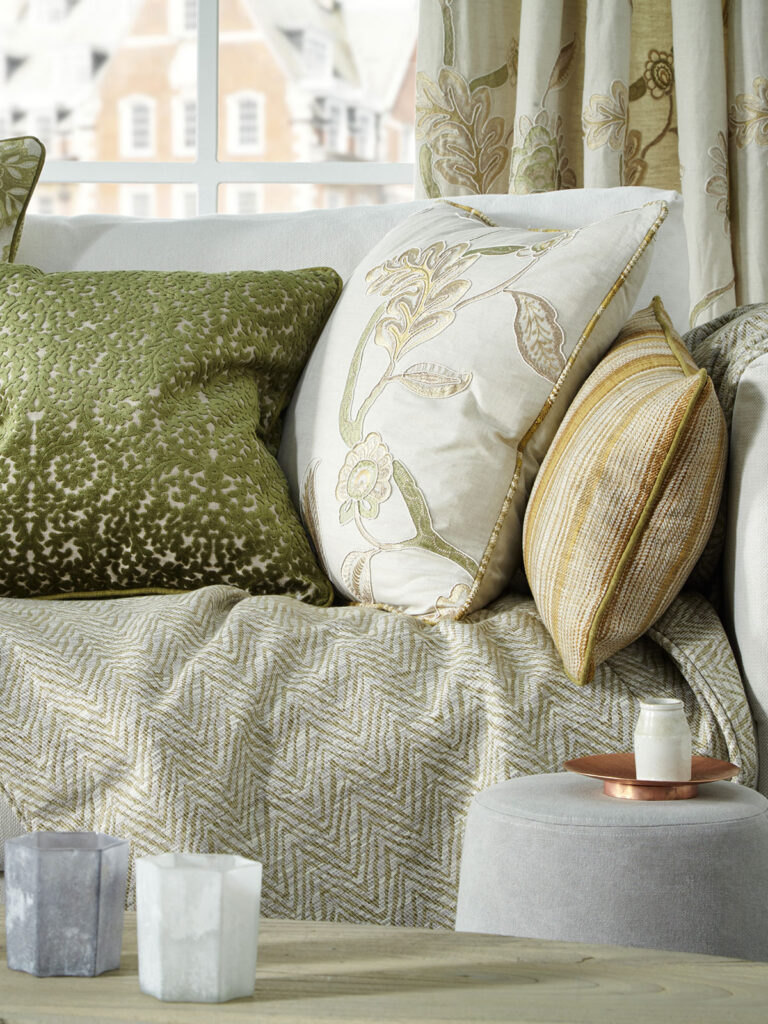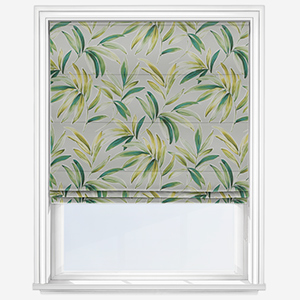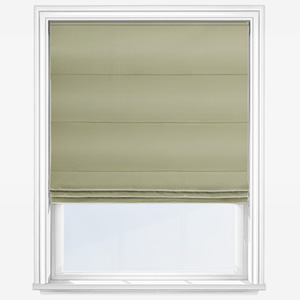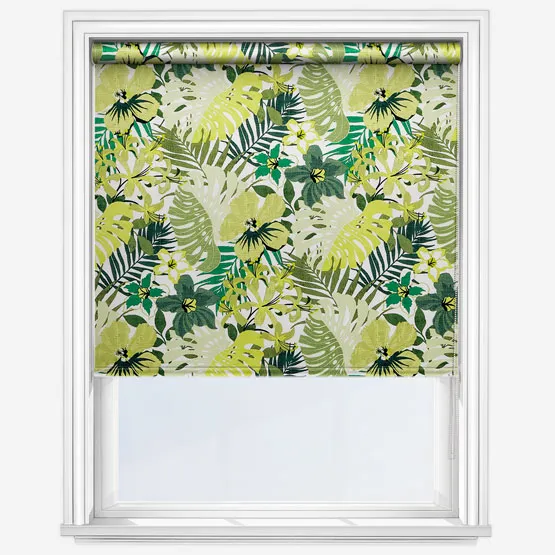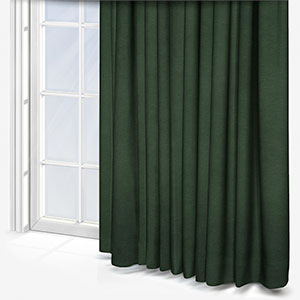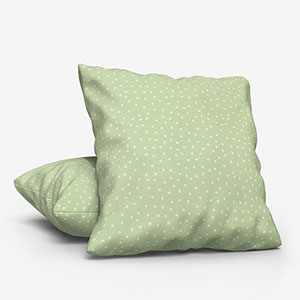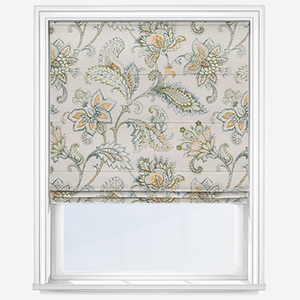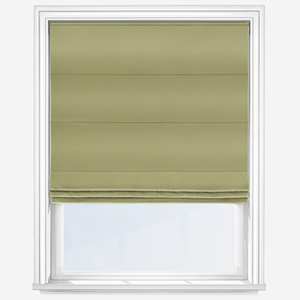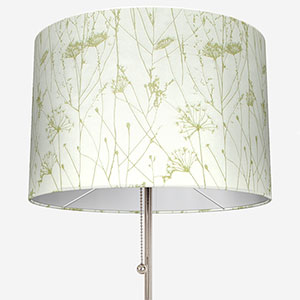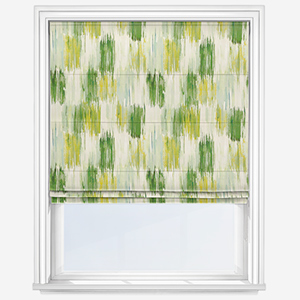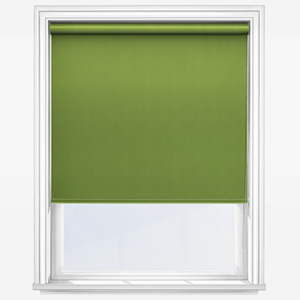
Colour Focus: Shades Of Green
Green is a versatile yet vibrant colour that evokes a feeling of calm and relaxation. It’s a colour that makes us feel happy and for proof, just think of all those celebrities waiting to hit the stage – they’re not relaxing in the brown room, are they?
Today, we’ll be looking at how you can use this excellent colour as part of your décor and feel like a superstar in your own home!
Gorgeous green shades
In this blog, we’ll be providing helpful advice as to which types of green can used around the home and in which roles they fit best. From cool cucumber greens to beautiful British racing green, all tones have a role to play in refined interior design – it’s just knowing where to use them!
Give me green, all green!
Using colour in interior design often falls into three roles – leading, supporting and spot. Primary tones are those you use heavily in the space. Usually on the walls and in larger pieces of furniture and window furnishings, your primary choice will do the majority of work in your interior design.
Luckily, green works as a great leading colour!
To use green as your dominant colour, look to softer tones. Mints, eucalyptus, and moss are excellent examples of greens you can really use generously in a space. Because of their lighter hue, these colours will help retain a room’s light making it feel larger and easier to relax in.
If you’ve settled on green as your dominant colour, don’t feel restricted in using the same shade throughout. Mint walls with mint curtains and mint sofas may feel ironically tasteless. Mint wallpaper with a seafoam Roman blind and fern cushions however will help to tie a room together in a beautiful way. Combine this with natural woods for a space oozing with glamour and personality.
What colours grow with green?
Today, it’s very popular to use grey and natural tones as the dominant colours in a room. Green can be added to the mix to harmonise your décor while adding a few subtle statements of pure sophistication.
It is as a supporting colour that you can best use the deeper, richer tones of green. Bottle greens, jades and emeralds are all wonderful ways to support greys and cream tones in particular. As green is a very emotive colour and makes us think of nature, darker greens call for darker woods. This combination is a fabulous way to add a terrific modern twist on traditional interior design.
For more modern interior design, you could easily use tones like sage, olive and taupe green. These hues can be used particularly well in trendy schemes for example, Scandi.
Green as a spot colour
The final example in our leafy trinity is using green as spot colour. This is possibly the most flexible way to use any colour, but the great news is you can utilise green as a complementary or contrasting colour extremely easily.
Spot colours are used to as little flairs of personality in a space. A blue bedroom for example might have small white scatter cushions on the bed – or a monotone, black and white themed space might use vibrant reds to add little accents of colour.
To use green as a spot colour, we advise you go all in and pick juicy, vibrant, energising tones. Here, you can leave behind the gentle greens and really grab some attention from your guests. Lime, emerald and parakeet greens can be used with a gamut of other colours from dark blues to rich mahogany reds.
To use these colours well, look to cushions and lampshades for easy and very affordable style points. Furthermore, consider patterns where green is a minor colour contrasting with a tone you already use within your space, especially if you’re looking to create a joyous maximalist space. A patterned curtain is the best place to start looking.
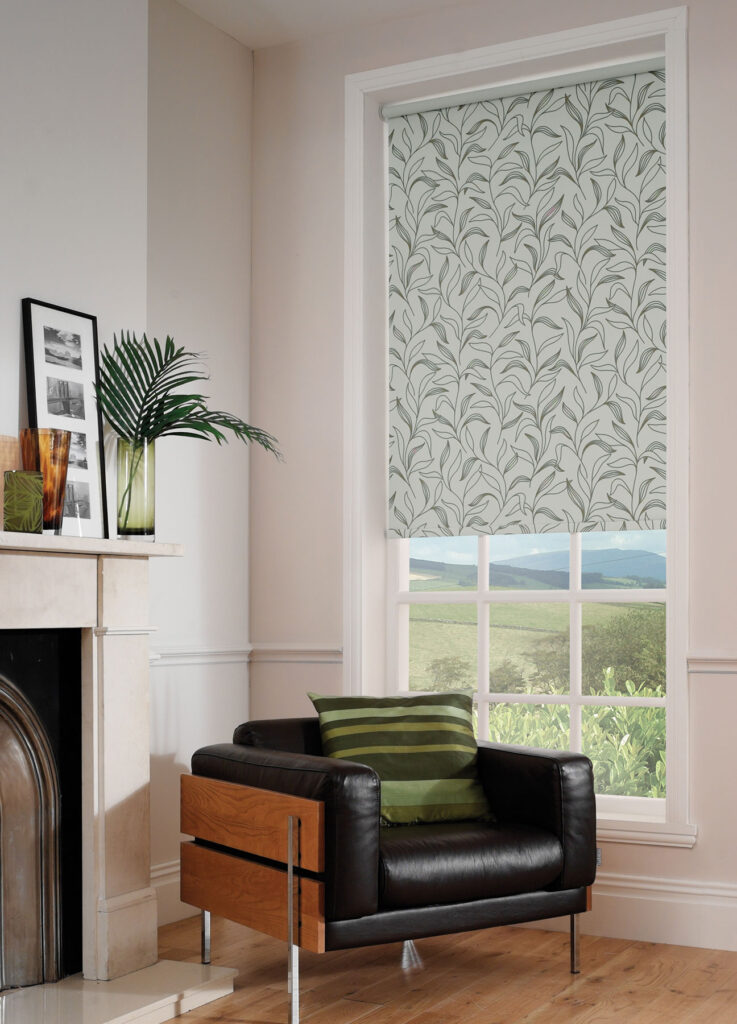
For more style tips and advice, be sure to check out the other posts on our blog. From colours focuses to materials and trends, we regularly publish fantastic content to help you along your interior design journey.


